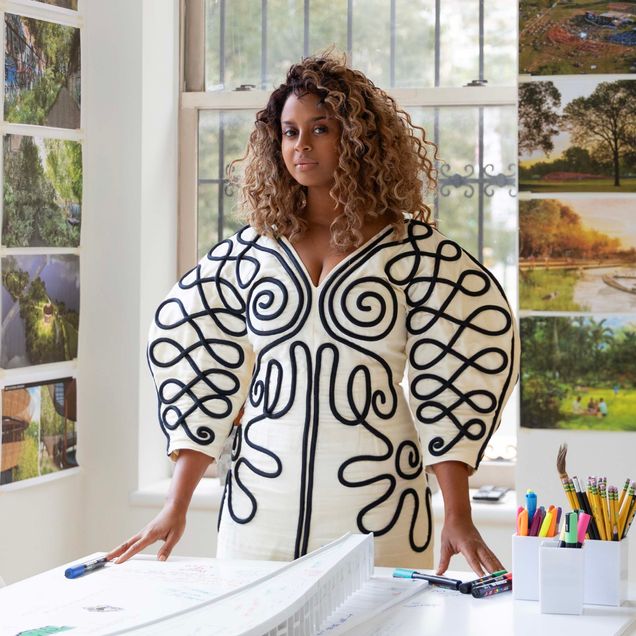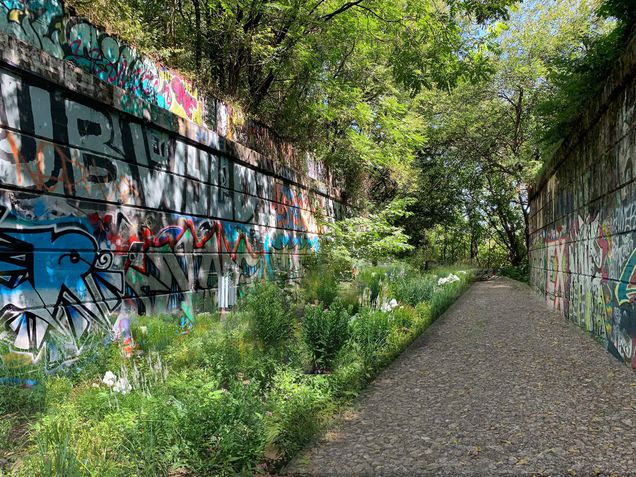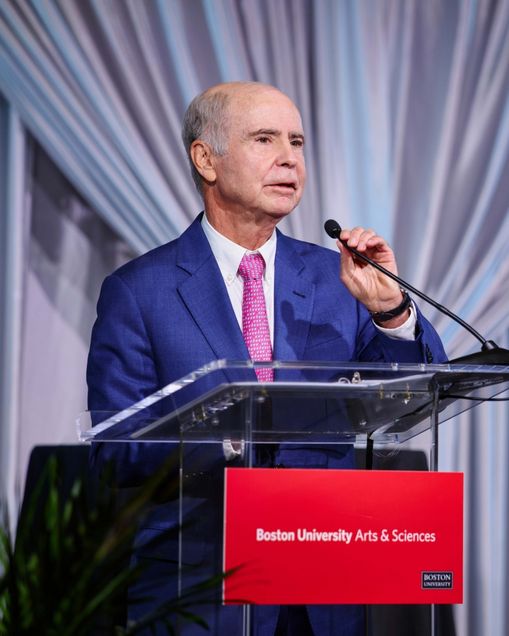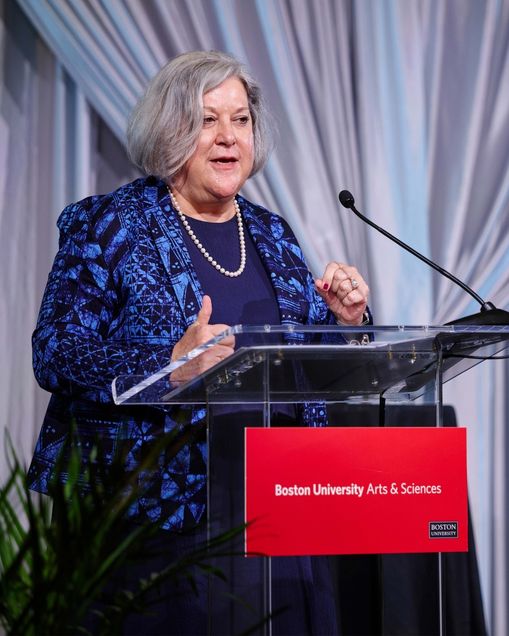Class Acts
Alumni News and Notes
Emergency BU Alert BU Alert: Winter Weather Closure Update – Campuses Remain Closed 2/24/26, Reopening 2/25/26 Due the continued effects of the blizzard, including limited transportation infrastructure and power outages throughout the state, Boston University’s Charles River, Fenway, and Medical Campuses will remain closed on Tuesday, February 24, with limited services being offered. The University will resume normal operations and reopen all campuses on Wednesday, February 25. For more info, please visit bu.edu/today.
Alumni News and Notes

Alexi Giannoulias, the secretary of state of Illinois, a rising figure in Democratic politics, and a close friend of another famous Illinois-rooted politician, came to BU as a transfer student from the University of Chicago. While he was a Terrier, Giannoulias (CAS’98) studied economics and helped lift the men’s basketball team to a 1997 NCAA tournament appearance. At the age of 30, he was elected Illinois state treasurer, the youngest in the country, and in 2022 he was elected Illinois secretary of state.
Arts × Sciences caught up with Giannoulias before he addressed the Class of 2025 at the economics convocation ceremony in May.
Giannoulias: Both my parents were immigrants. They came here with nothing, worked very hard so that I could go to great colleges. I worked hard, of course, but I am a by-product of the American dream. I always felt compelled to do more because of the struggle my parents went through. I knew that public service would be a major part of my life. I met Barack Obama in high school. At the time, he was a state senator in Illinois. He became my friend, and to see him go on and win [a US Senate seat] like he did became really inspirational for me. I ran against a machine here, and he didn’t think I had any shot of winning but he said, “I’m here with you.” And then when he ran for president, I kept saying, “You have no shot of winning, but I’m here with you.” That became sort of a running joke between us.
We have more departments than any other secretary of state office. We run the state library system, driver and vehicle services, we go after white collar criminals, we run organ and tissue donor services. We do a lot of services that others don’t have.
I love helping people, making a difference in people’s lives, bringing innovation to the office. [Like] modernizing the office, moving more of our services online. We introduced kiosks, like DMVs on wheels. It’s been a lot of shock and awe when it comes to introducing new technologies and services.
My broader theme is, in this day and age, you don’t have to determine your career tomorrow. Not only be cool with that, but embrace it. I hope to take some of the stress out for them. There is a beauty to having different careers. To embrace that uncertainty. I’ve had five different careers and I’m not even 50 yet.
Unequivocally, yes. The way I analyze issues and problems, it absolutely comes into play. And law school was also helpful. A whole other area of thought. You want to create options for yourself, so you are not stuck with one set of skills. Be a sponge so you can pick and choose what you want to do.

Before landscape architect Sara Zewde began redesigning the grounds of the Dia Beacon art museum in New York’s Hudson Valley, her studio dug into historical maps and conferred with members of the community—including Indigenous leaders of the Lenape tribe. She quickly learned which of those two approaches was more valuable.
One conversation with the Lenape leaders was particularly illuminating. “They stopped us and said, ‘We don’t want to look at another historical map,’” says Zewde (CAS’08). “Go and look at the ground and you can see the chapters of history. So we went back, and sure enough, there were remnants of bricks in the part of the site that used to be a brickyard. There were remnants of railroad tracks on the berm. It was all there.”
From that conversation, a clear approach emerged: the site’s material history would have a direct influence on its design. “We ended up developing a material palette for the paths and the seating based on what we found at the site,” Zewde says.

Zewde is more than a rising star in her field: she’s training a focus on landscape architecture—as an art medium and a vital civic tool—that feels refreshing to industry players and locals alike. In recognition of her vision, particularly the ambitious Dia Beacon redesign, she was named one of the TIME100 Next class of 2024, which recognizes emerging talent across disciplines.
Zewde’s principal philosophy—that the key to understanding a place is through its people—was instilled at an early age. She spent her early childhood immersed in the vibrant, singular culture of Louisiana, “where there are crawfish boils, second lines, and so many rituals and traditions that happen outdoors—be it in the middle of the street or under a freeway.
“These marginal or everyday spaces become home to the most important moments of your life and your community,” she says. “Being able to value those spaces and to acknowledge them as being vital to people is really central to how I think about public space.”
In 2018, she established Studio Zewde, now a 15-person outfit specializing in landscape architecture, urban design, and public art. Many of her employees are people of color who bring much-needed diverse perspectives to a historically white, Westernized field.
A great portion of Zewde’s people-first design ethos comes from Frederick Law Olmsted, the 19th-century landscape architect behind Central Park and Boston’s Emerald Necklace parks. “Franklin Park and Central Park are not just nice places to walk and take a picnic—they are critical parts of the infrastructure of democracy,” she says. “Olmsted imagines that having spaces where the banker and the baker, as he calls it, can have a normal conversation with one another is the key to the strength of a society. And I think that’s an important lesson for this moment as well.
Here’s a riddle for you: What do the prime minister of Iceland, the secretary of state of Illinois, one of the most visible Democratic politicians in the United States, the mayor of San Antonio, and a member of the Federal Reserve Board have in common?
It’s quite a random list—men and women, Republicans and Democrats, Americans and foreign leaders—but they all carry degrees from Boston University, and from the same department on Comm Ave: economics. It’s a powerhouse program within Arts & Sciences.
|
|
Kristrún Mjöll Frostadóttir (GRS’14)The recently elected prime minister of Iceland is, at 37, the world’s youngest serving state leader. |
|
|
Stephen Miran (CAS’05)The chair of the White House Council of Economic Advisers—on leave as he serves on the Federal Reserve Board—is an architect of President Trump’s global trade policies. |
|
|
Alexandria Ocasio-Cortez (CAS’11, Pardee’11)The Democratic congresswoman from New York has become a leading progressive figure in her party. |
|
|
Gina Ortiz Jones (Pardee’03, GRS’03)The former undersecretary of the US Air Force under President Biden is now the mayor of San Antonio, Tex. |
 |
Kenneth Anderson (CAS’73)At BU, Kenneth Anderson volunteered in local emergency rooms and completed a senior thesis in biology. “I was going to be a general practitioner, but the research experience at BU opened my eyes to a whole new world,” he says. Today, Anderson is the Kraft Family Professor of Medicine at Harvard Medical School and director of the LeBow Institute for Myeloma Therapeutics and the Jerome Lipper Multiple Myeloma Center at Dana-Farber Cancer Institute. “Clinical care is extraordinarily rewarding. You end up, without going out of your way, helping people and making a major difference in their lives,” he says. “I’ve been privileged to care for so many patients over the years, and it is a direct result of my BU experience.” |
 |
Mary Beth Leonard (CAS’84)Mary Beth Leonard didn’t set out to become a diplomat. But a passion for the French language and a curiosity about the world led her to a distinguished career in the US Foreign Service. After graduating from BU, Leonard worked as an analyst for the Department of Defense in Washington, D.C. She joined the Foreign Service in 1988, launching a career that took her to Cameroon and Namibia followed by roles in the State Department’s operations center and as a desk officer for Central African Affairs. Leonard later served as the State Department’s diplomat in residence for New England before being appointed US ambassador to the African Union by President Barack Obama. “It felt like the culmination of decades of work on Africa,” she says. |
 |
Karen Seto (GRS’95,’00)A geographer and an urban scientist, Karen Seto is one of the world’s leading experts on the effects of contemporary urbanization on the planet. She is the Frederick C. Hixon Professor of Geog- |